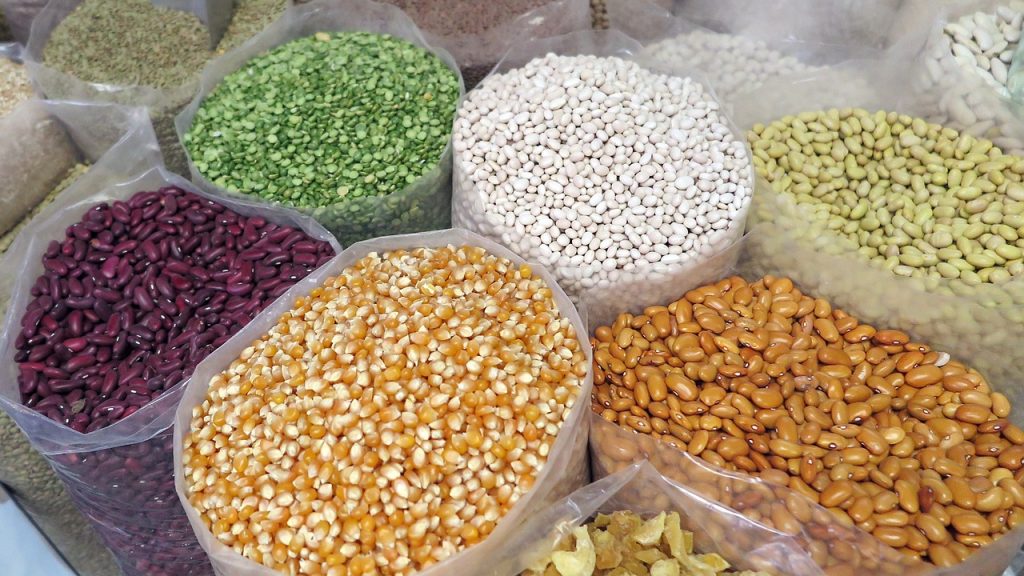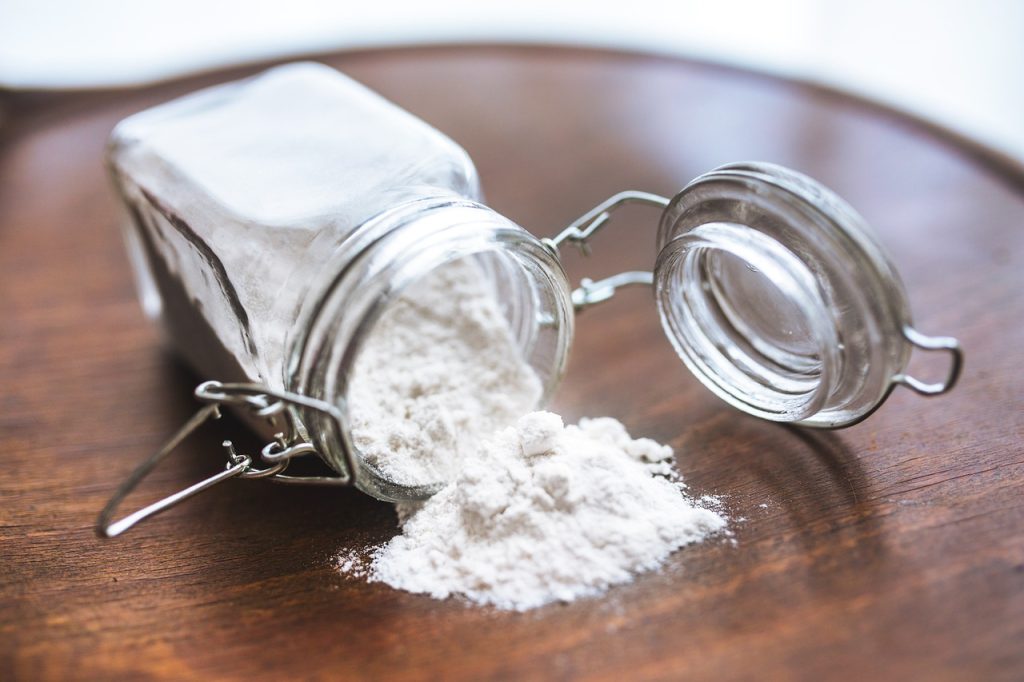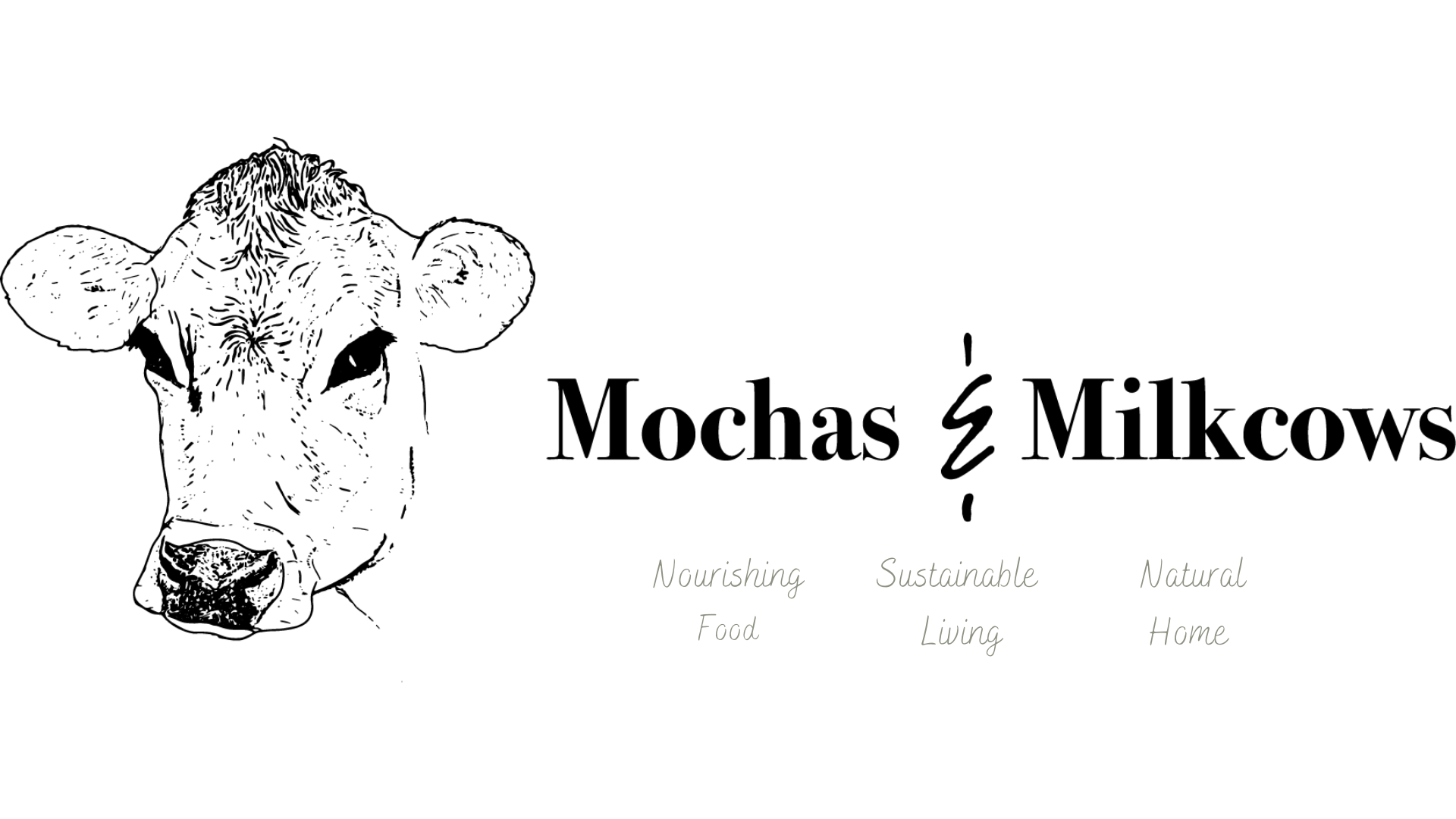When I buy in bulk I have been given the odd glance or two before when people see 40+ pounds of flour in my shopping cart. However, my methods have a reason or two behind them and it has truly paid off in the long run. Not only am I never without staple ingredients, but we have saved a lot of money over the years buying in bulk. Read on to learn why and how I purchase certain products in large quantities and store them for the long-term.
Choosing Specific Items to Buy in Bulk
What Does “Bulk” Mean?
When I think of bulk purchases, I think of buying enough to last several months. I do not want to have to replenish certain items weekly or even monthly. Pantry staples are my largest bulk purchases ie: flour, pasta, sugars, oats, rice, beans, etc. These items last a very long time and with the amount I use it is extra convenient for me to have large amounts readily available at all times. Some people will find they have other items they want to have available from bulk purchases as well. Others will not want to have bulk amounts of anything. While I will always recommend and have bulk amounts myself, anyone is free to do as they please.

Storing Bulk Purchases
This is the biggest pitfall to purchasing large amounts of anything. Finding enough space and being able to utilize it for storage can be quite challenging. Our first home was a very small house, with no extra closet space anywhere, let alone an extra room. We had about 900 square feet of living space and with 3 kids, it was quite interesting to store bulk food purchases. We found spaces though. Buckets would be stacked in the back of closets. We could shove boxes of filled jars under beds. Kitchen cabinets were filled to the brim with stored foods. Let’s normalize having buckets sitting in the kitchen full of flour. Or opening a coat closet to see stacks of jars in it. There is nothing wrong with any of it.
Buckets
I have used 5 gallon buckets to store foods for years. They are extremely convenient to use for storing ingredients such as flour, sugar, oats, cornmeal and so much more. Being sure to purchase food grade buckets is essential. The ones with airtight lids are ideal but as long as the lid is tight fitting you should be fine. As much as I would love to only have the airtight gamma lids, budget prevails. Personally, I have never had an issue with bugs in my bulk foods while using the regular lids.
Mylar Bags
The mylar bags are a very popular way to store bulk foods for years upon years. Just put your food in and add an oxygen absorber. Seal it will a heat press of some sort and done. These bags can be found at a number of online retailers, with Amazon being one of the top suppliers. However, be careful what you purchase. As with anything, quality matters. In this case, quality is essential. A well-made mylar bag can keep foods safe and fresh for over 20 years. If you are storing large enough amounts to last decades, be sure you are storing it well. I am using mylar bags for bulk pasta purchases. The pasta came in 10 lb bags. I wanted to break it down into 1 lb servings, so mylar bags for the win.
Glass Jars
Glass jars have been a huge storage solution for me ever since I got married and started keeping my own home. They are easily found (even nowadays) at several stores and online. I keep multiple items in glass, especially my everyday use ingredients. Flour, sugar, cocoa powder, sucanat just to name a few. I recently organized all of my spices into matching glass spice jars. These jars hold a great amount and look amazing every time I open my cabinet. The glass is a must for spices as I would not want to store anything fragrant in plastic. I try to avoid plastic altogether but I’m still using bags and wrap. Nobody’s perfect folks. Ball jars are also great options for storage. I have hundreds upon hundred of them and several have found homes in my pantry holding staples such as baking powder/soda, cornstarch, arrowroot and other ingredients that I don’t need massive amounts of. Make sure whatever you use, have an airtight lid. The ball jars do best with the gray leakproof lids found here, not the white plastic lids. Ask me how I know. If you do not want to use the plastic lids, just use spent canning lids and rings.
Does Buying in Bulk Actually Save Money?
Buying in bulk, while having higher upfront costs, really does save money in the long run. For example, if I purchase a 5 lb bag of cocoa powder for $30, I am spending approximately $.38/ounce. If I purchase a small tub of cocoa powder from Walmart it’s around $.45/ounce for the regular brands. I am purchasing organic whenever possible, and have always purchased organic cocoa powder. I buy this one. Purchasing such a large amount of cocoa powder may seem ridiculous but when you are making everything from scratch, you find out very quickly that you will utilize large amounts far more than you ever estimated. I make all of our chocolate syrup from scratch, so cocoa powder is a must in this household. I also make 90% of the birthday/special occasion cakes or cupcakes and cocoa powder is needed yet again. Cocoa powder goes into my homemade granola to add a little chocolate flavor. If we make smoothies/milkshakes, we add in some cocoa powder quite often.

Buying in Bulk Avoids Going Without
Our bulk habits paid off recently. When shortages started becoming the norm, I quickly realized what my previous habits had done for us. Not once was I concerned about not having enough flour, sugar, oats, cornmeal, baking powder, baking soda, pasta or dried fruit. When stores were out of staple items for months, I could grab it from my stocked pantry. I do not say this to brag or “one up” anyone. I say this to confirm that purchasing bulk amounts really does matter. With a new year upon us, I have some big goals and my bulk purchases will help me reach them.
Best Places to Buy in Bulk
I have a few places that I continually utilize to buy in bulk. One of my favorite places is Azure Standard. They are the sole reason I sometimes wish I lived closer to the West Coast. They’re a large food co op based out of Oregon. They truck orders all over the United States though. You can either choose to have your items shipped directly to you or you can choose a “drop” and pick them up there on delivery day. Direct shipping is more convenient but you will pay a premium for that service. Choosing a drop is much less costly on the shipping side but comes with the caveat that you must be at the drop on the day/time the driver arrives. You will not know that information until your order leaves Oregon. I have used Azure Standard for years and even used to be a drop coordinator. It has it’s positives and negatives but I will always use them for bulk buying.
Country Life Natural Foods is another great option. Located in Western central Michigan, this store has several bulk buying options and I have used them many times over the last decade. They did recently switch to shipping only, rather than being able to place a large order with people and have the entire order dropped at a single address. However, shipping is free over $99. Their pricing did increase with the switch, but it’s still very competitive for the bulk items and quality of them.
Costco has always been a bulk option for me. The options are endless and they have a higher quality than what I can find at smaller groceries. The more I increase what we grow on our own land though, the less we utilize large stores such as this. Again, for certain bulk items it is very convenient and budget friendly. However, my goal is to shop there less and less each year.
How to Start Buying in Bulk
When someone asks me how to even start buying in bulk, I always answer with “slowly!” Do not try to go out and purchase an entire year’s worth of pantry staples in one shopping trip. Not only will the bill have your eyes bulging, you will more than likely not know what to do with all of it and end up wasting a ton. Instead, choose ONE pantry item a month and focus on that. Not only will you save yourself from the overwhelm, you will be able to truly learn how to incorporate bulk buying into your lifestyle. See what works for you and your family. You may find that you want to purchase 2-3 items in bulk but the rest you are fine buying weekly/monthly. Do what works for you and make it make sense. If you hate baking and never plan to make a loaf of bread, you may not want to purchase 300 lbs of flour. However, if you want to make every loaf of bread your family consumes, purchase more than 300 lbs of flour. Just make sure you have the knowledge and a plan to use what you purchase.
Pantry Purchasing Checklist
Here is a quick and simple pantry list by month. Use it to plan out what you want to purchase in bulk and when. Remember, go slowly and build up your supply.
Happy Bulk Buying! Let me know in the comments if you purchase in bulk or want to start! I’d love to hear how you decide what to purchase in bulk or not.


Leave a Reply